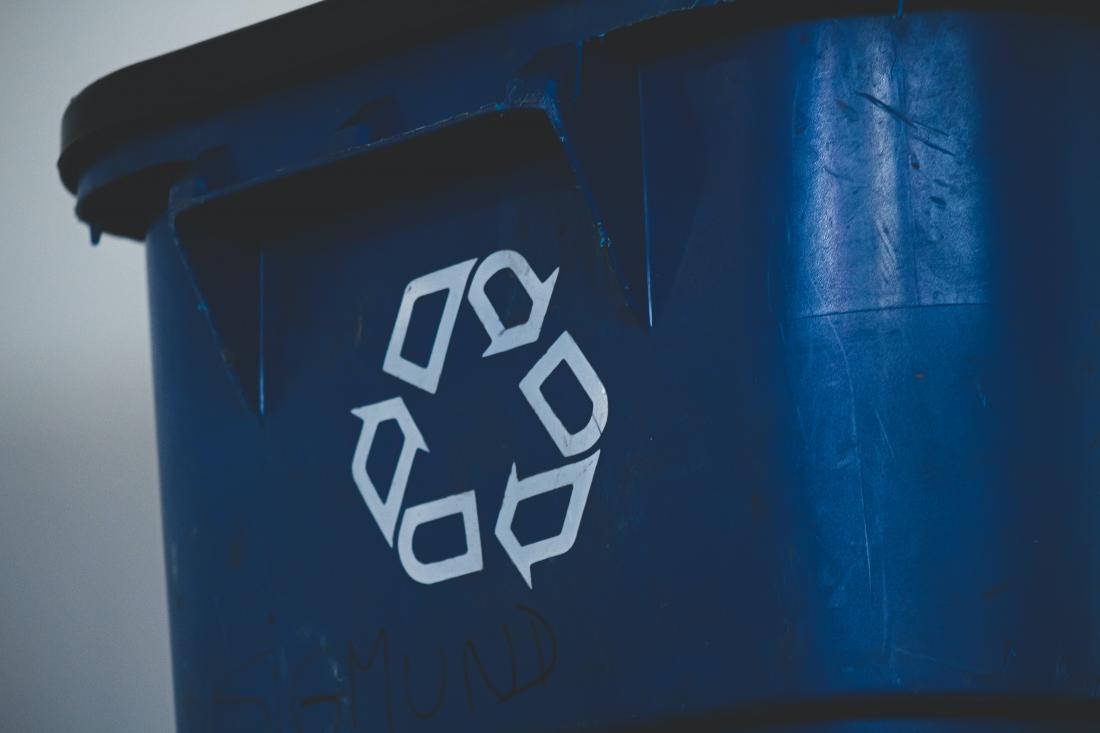Recycling Plastics
This study examined the far-reaching consequences of plastic waste management and recycling practices on the production of clean-energy harvesting devices. Specifically, it focuses on comparing the use of recycled polyethylene terephthalate (PET) in the manufacturing of triboelectric nanogenerators (TENG) in Singapore and India, two densely populated Asian countries with significant economies.
In 2019, Singapore generated a staggering 930,000 tonnes of plastic waste, but disappointingly, only 4% of this waste was recycled, while the rest was incinerated. On the other hand, India produced a massive 8.6 million tonnes of plastic waste, with an impressive 70% being recycled. Both countries have set ambitious recycling targets and implemented distinct waste management regulations.
The findings of the study emphasize that effective waste policies, legislative frameworks, and the responsibility of stakeholders, along with the heterogeneity of collection systems and infrastructure, play a pivotal role in ensuring successful recycling efforts. However, recycling plastic presents numerous challenges, including the need for proper segregation, concerns regarding adulterants, and the degradation of the macromolecular structure. These factors can significantly impact the properties of the recycled materials, posing difficulties in manufacturing high-quality products.
To evaluate the economic and mechanical potential of recycled PET, a model was developed. The model projected a 30% decrease in material performance and a substantial 65% loss of economic value after the first recycling cycle. As subsequent recycling cycles occur, the economic value diminishes further, correlating with a decline in the mechanical performance of the plastic. Ultimately, the economic value reaches zero.
To explore the integration of TENG technology into the circular economy, the researchers employed a model to estimate the production potential of aerogel mats derived from discarded PET bottles in Singapore and India. Astonishingly, the model suggests that approximately 20 million and 7300 billion pieces of aerogel mats could be manufactured from the PET bottles disposed of in Singapore and India, respectively. This production capacity would be sufficient to create small-scale TENG devices capable of serving the energy needs of the entire population in both countries.
The findings have been published in Environmental Science and Pollution Research [1]. The other researchers involved in this study were: Dr Lai Wei Liang (Newcastle Research & Innovation Institute Singapore), Dr Roy Sunanda (Newcastle Research & Innovation Institute Singapore), Ms Shreya Sharma (Subhas University of Technology, India), Professor Pradip Kumar Maji (IIT Roorkee, India), Dr Bhasha Sharma (University of Delhi, India) and Professor Seeram Ramakrishna (National University of Singapore). The team collaborated with SembWaste, a public waste collector in Singapore, and National Environment Agency on outreach activities related to this project, to drive awareness in plastics recycling in Singapore.
This work was supported by two grants, International Partnerships Seed Funding 2021, to Wei-Liang Lai, and UK Research and Innovation (UKRI): Research England – Quality-related Research Strategic Priorities Fund (2021), to Kheng-Lim Goh.
Potential collaborators may wish to contact Associate Professor Kheng Lim Goh at [email protected]
Reference:
[1] W. L. Lai et al., "Roadmap to sustainable plastic waste management: a focused study on recycling PET for triboelectric nanogenerator production in Singapore and India," Environmental Science and Pollution Research, vol. 29, no. 34, pp. 51234-51268, 2022/07/01 2022, doi: 10.1007/s11356-022-20854-2.



